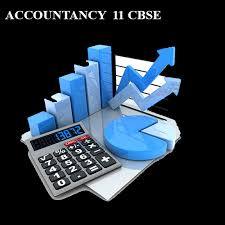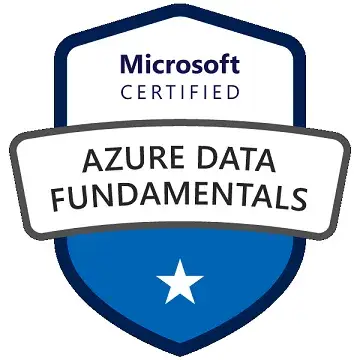Accountancy Class 11
-
- 5 rating
- (1 Reviews)
- 0 students enrolled
Accountancy Class 11
It appears that you've mentioned a chapter titled "Smart Phone Or Laptop with Internet Connection." However, this doesn't seem to correspond to a typical academic subject or chapter in a formal curriculum. Instead, it may refer to a topic related to technology or internet usage, often discussed in a non-academic or practical context.
-
- 5 rating
- (1 Reviews)
- 0 students enrolled
What learn
- Comprehensive Subject Knowledge
- Visual and Interactive Education
- Adaptive Learning Methodology
- 24/7 Availability
- Global Reach and Diverse Resources
Course Content
Requirements
- Smart Phone Or Laptop with Internet Connection
Description
-
Applications Of Computers In Accounting: This chapter likely explores how computers are used in accounting processes, including the benefits of computerization, accounting software, and its role in streamlining financial tasks.
-
Computerised Accounting System: Covers the fundamentals of computerized accounting systems, their components, and how they are used to manage financial data efficiently.
-
Introduction To Accountancy: An introductory chapter that provides an overview of accounting principles, concepts, and basic terminology.
-
Theory Base Of Accounting: Explores the theoretical foundation of accounting, including concepts like revenue recognition, accrual accounting, and the accounting equation.
-
Financial Statements I: Likely focuses on the preparation and interpretation of financial statements such as the income statement and balance sheet.
-
Structuring Database For Accounting: Discusses how databases are structured for storing accounting information, including tables, fields, and relationships.
-
Recording Of Transactions I: Covers the basics of recording financial transactions, including the use of journals and ledgers.
-
Accounts From Incomplete Records: Examines methods for reconstructing financial accounts when complete records are not available.
-
Financial Statements II: Likely continues the study of financial statements, possibly exploring more complex statements like cash flow statements.
-
Bank Reconciliation Statement: Discusses the reconciliation of bank statements with a company's books to ensure accuracy.
-
Trial Balance And Rectification Of Errors: Covers the preparation of trial balances and methods for identifying and correcting accounting errors.
-
Bill Of Exchange: Explores the concept of bills of exchange, their use in business transactions, and the accounting treatment.
-
Recording Of Transactions II: Likely delves deeper into the recording of financial transactions, possibly covering more advanced scenarios.
-
Accounting System Using Database Management System: Discusses the integration of accounting systems with database management systems for efficient data storage and retrieval.
-
Depreciation, Provisions And Reserves: Examines concepts related to asset depreciation, provisions for contingencies, and the creation of reserves.
Recent Courses
- June, 23rd 2025
- 3
This course plan outlines a comprehensive curriculum for a prompt engineering course, designed to equip learners with the ski..
- 1699.00₹
2000.00₹
- June, 28th 2025
- 12
In an era where technology is seamlessly integrated into our daily lives, understanding the synergy between Embedded Systems..
- 1599.00₹
2000.00₹
- May, 22nd 2024
- 0
Microeconomics is an essential component of economics as a whole, as it helps us understand how individual decisions and inte..
- 799.00₹
999.00₹
About Instructor
"Founded in 2019, Bringup Education stands as a dynamic Ed-Tech firm. We take pride in offering a diverse array of courses, spanning from school-level education to rigorous undergraduate programs, all impeccably facilitated through our state-of-the-art Learning Management System (LMS).
Moreover, at Bringup Education, we are committed to preparing students for the professional world by providing valuable training and internship opportunities. These experiences not only augment students' skills but also ensure they are 'job ready' upon graduation."


.png)




.png)


